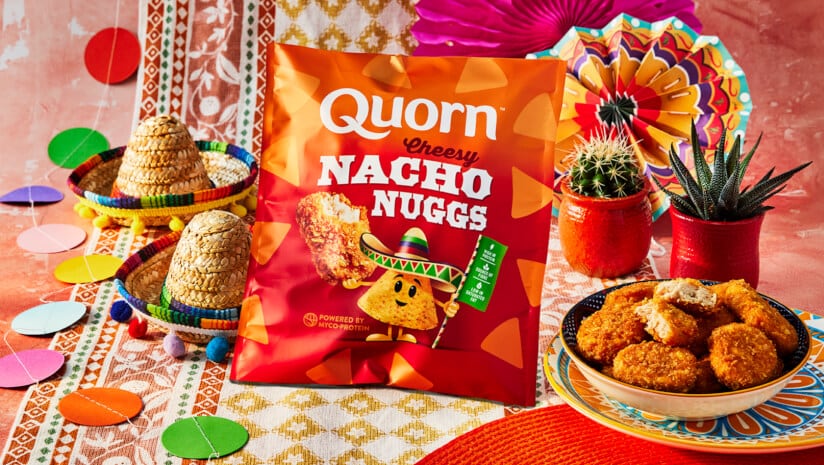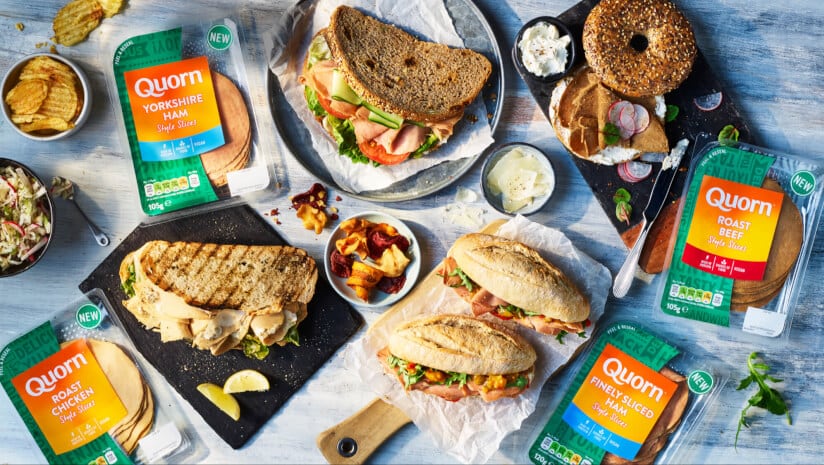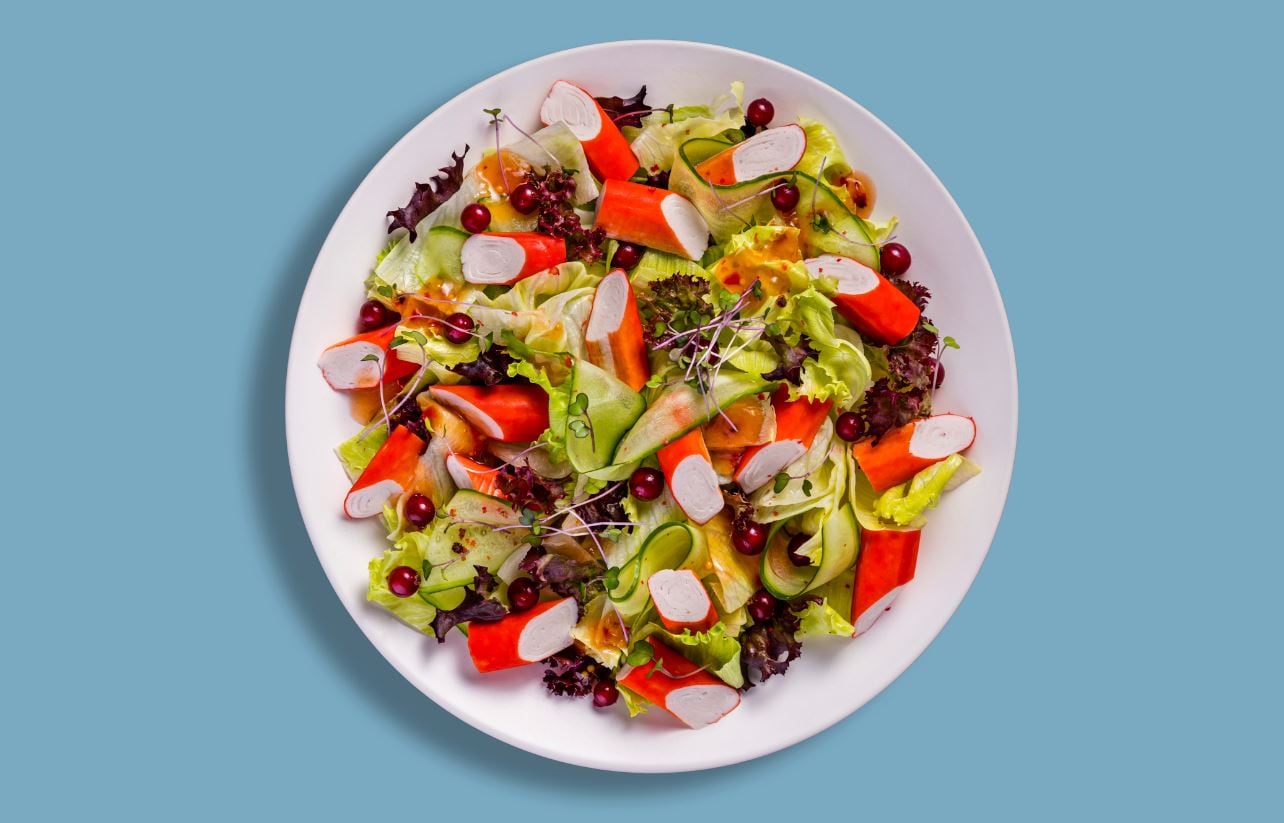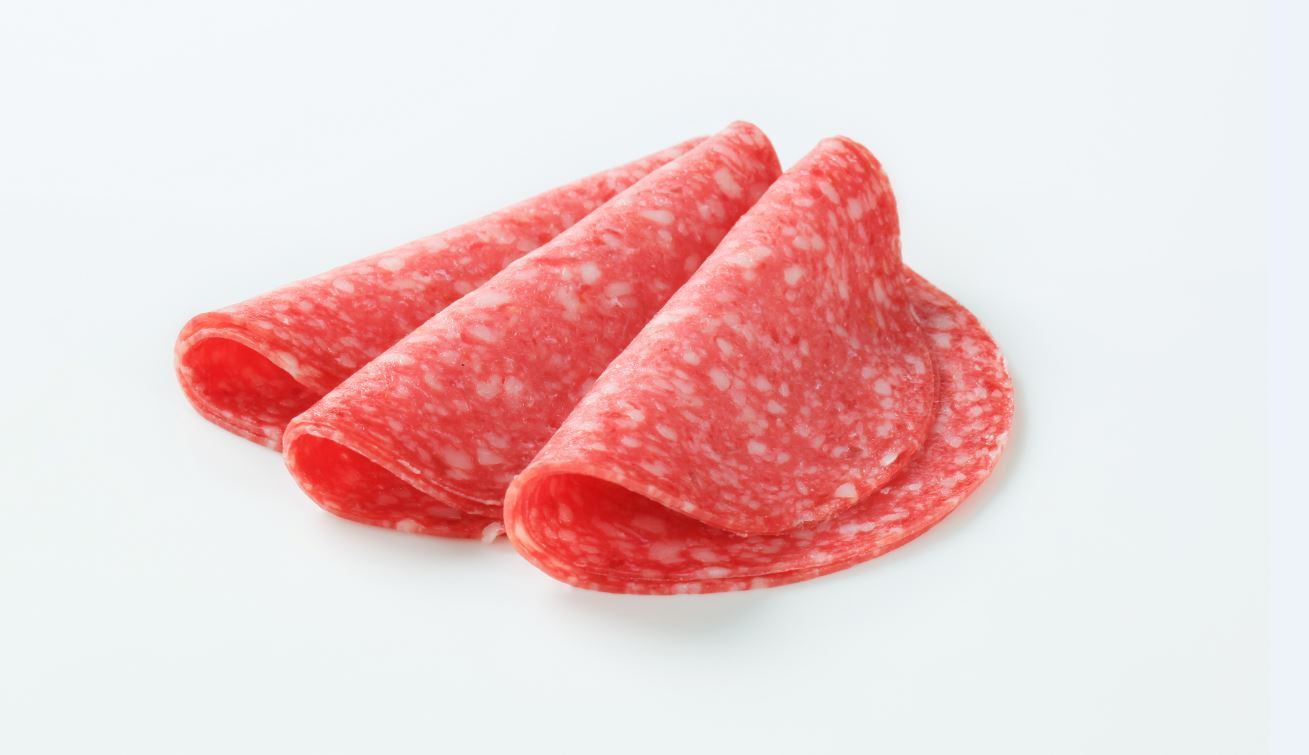Marlow’s losses exceeded £60m as the business continues to restructure in an alternative and plant-based meat market that’s only recently lost its sales spring. It's last pre-tax profit was in 2021, when £7.1m was generated.
Revenues dropped 6.9% to £204.9m for the year to 31 December 2023, with sales plummeting to a near six-year low.
International sales also slumped by 7.9% to £43.7m, driven mostly by a poor performance in Europe, where they dropped 6.9% to £28.7m, while the rest of the world was down £15m.
Marlow Foods is owned by Philippines-based Monde Nissin and makes and sells Quorn products across the UK, Europe, Australia, South East Asia and the US.
Quorn's profits up in foodservice
Foodservice, a division recently renamed Quorn Pro, meanwhile, offered hope as sales rose 4.7% to £27.9m.
The business would focus on such growth areas, including its burgeoning Marlow Ingredients division, which supplies mycoprotein as an ingredient to other food makers and created £300k of revenue for the period.
Supermarket retail sales were a big sting in revenues, slipping 8.6% to £170.7m. Though Marlow would redouble efforts and focus on growing its retail market share, which has crept up in the past two years.
Its global quick service restaurant arm would also remain a priority, despite revenues down 11% to £6m. Marlow already counts Pizza Hut, KFC, Costa Coffee and Greggs as QSR customers, though a recent order reduction from Greggs hit performance and was only slightly offset by KFC’s take-up of Marlow’s vegan chicken.

How much does Quorn sell?
The year had been a “challenging” one, as the business was hit by inflation, increasing interest rates and changing consumer demand, Marlow Foods CEO Marco Bertacca said.
Quorn is, however, a category leader, taking up near a third of UK retail market share [Circana], and would continue to drive forward with innovation and NPD, including its relaunched snacking range and Cheesy Nacho Nuggs – a first within frozen, he continued.
“Our company started with the launch of Quorn almost 40 years ago, the first consumer brands for vegetarians and vegans,” said Bertacca. “Our business has evolved over time, and we are now at the forefront of helping everyone eat less meat.”
The brand’s mycoprotein USP, a fungi produced using fermentation, was central to the business’s future as well as the planet’s needs.





